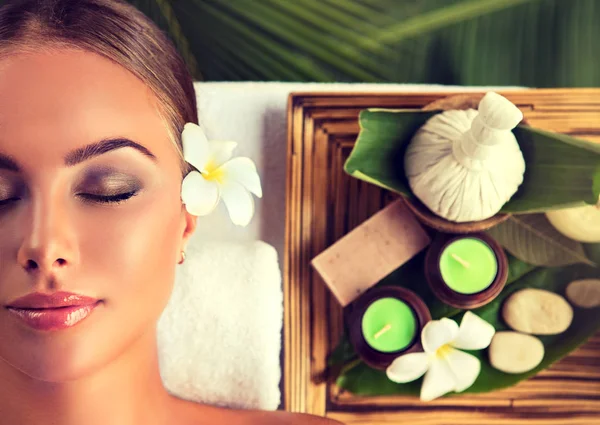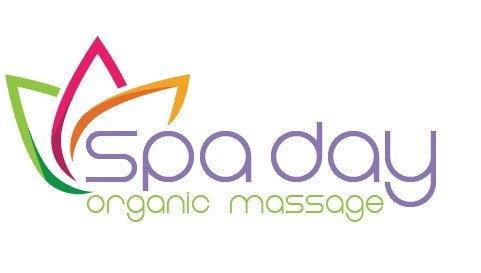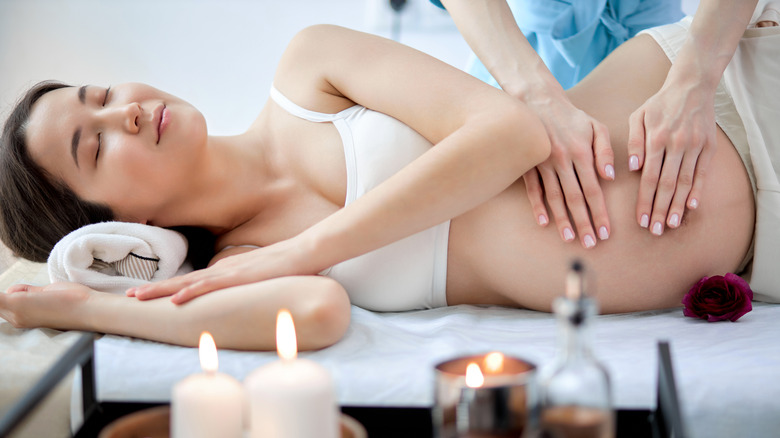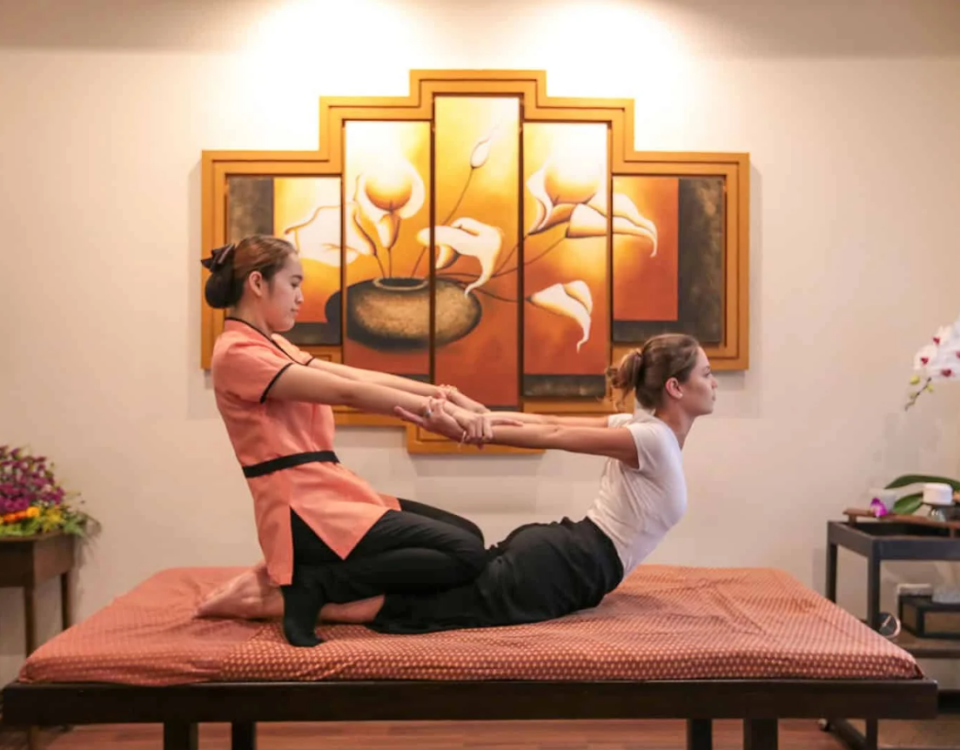
How to Prepare for a Thai Massage Session: Tips for First-timers and Regular Clients
May 9, 2023
Combination Massage: The Best of Both Worlds for Ultimate Relaxation
May 9, 2023Introduction
Pregnancy is a time of significant physical and emotional changes, which can lead to various discomforts and challenges. Thai massage, an ancient healing art, can benefit pregnant women and promote relaxation and overall well-being. However, it’s essential to understand the specific uses, precautions, and modifications necessary for a safe and enjoyable experience during pregnancy.
The Benefits of Thai Massage for Pregnant Women
Thai massage offers several benefits for pregnant women, including
Reduced stress and anxiety:
The gentle pressure and rhythmic movements help calm the mind and ease tension, promoting relaxation and reducing stress hormones.
Improved sleep:
The relaxation effects of Thai massage can lead to better sleep quality, which is often a challenge during pregnancy.
Relief from pregnancy-related discomforts:
Thai massage can alleviate common discomforts such as back pain, leg cramps, and swelling by promoting circulation and easing muscle tension.
Increased flexibility:
The passive stretches and gentle movements can help improve flexibility and joint mobility, making it easier to adapt to the physical changes during pregnancy.
Enhanced emotional well-being:
The nurturing touch and relaxation provided by Thai massage can help improve mood and promote emotional well-being during this period of change.
Boosted immune system:
Thai massage can help stimulate the lymphatic system, which supports the immune system and helps eliminate toxins from the body.
Improved posture:
By easing muscle tension and promoting flexibility, Thai massage can help improve posture during pregnancy, reducing strain on the spine and joints.
Precautions and Modifications for Pregnant Women
While Thai massage offers numerous benefits during pregnancy, there are essential precautions and modifications to ensure safety and comfort:
Consult your healthcare provider:
Always consult your healthcare provider before starting any new therapy or treatment during pregnancy, including Thai massage.
Choose a qualified therapist:
Look for a massage therapist with experience and training in prenatal Thai massage to ensure they are familiar with the necessary modifications and safety measures.
Avoid abdominal pressure:
Direct pressure on the abdomen should be avoided, and the therapist should focus on other areas of the body, such as the back, hips, and legs.
Modify positions:
Some traditional Thai massage positions may be uncomfortable or unsafe during pregnancy. The therapist should adapt the session to accommodate your changing body, using pillows or bolsters for support and comfort. Side-lying and semi-reclined positions are recommended.
Monitor intensity:
Pregnant women may be more sensitive to pressure, so the therapist should use lighter pressure and check in regularly to ensure comfort.
Avoid specific points:
Certain pressure points, especially around the ankles and wrists, should be avoided during pregnancy, as they may stimulate uterine contractions or affect the fetus.
Techniques and Modifications for Prenatal Thai Massage
Some Thai massage techniques can be adapted for a prenatal session, providing a safe and comfortable experience:Compression and stretching:
Gentle compression and passive stretching can be applied to specific muscle groups, such as the back, hips, and legs, to alleviate tension and improve flexibility. The therapist should be mindful of the intensity and positioning to ensure comfort and safety.
Acupressure:
Applying gentle pressure to specific acupressure points can help promote relaxation and alleviate discomfort. However, the therapist should avoid points that induce contractions or affect the fetus.
Joint mobilization:
Gentle movement of the joints can help improve mobility and flexibility, which can be beneficial during pregnancy. The therapist should be careful not to overextend or strain the joints. Pregnant women may be more susceptible to injury due to hormonal changes that affect ligaments.
Reflexology:
This technique involves applying pressure to specific areas on the feet and hands that correspond to organs and systems in the body. For pregnant women, reflexology can help alleviate swelling in the feet and promote overall relaxation. However, specific points related to the uterus and reproductive organs should be avoided.
Aromatherapy:
Incorporating essential oils into the Thai massage session can help enhance relaxation and promote emotional well-being. Be sure to use pregnancy-safe oils and consult your healthcare provider about any potential concerns or contraindications.
Conclusion
Thai massage can be a beneficial and relaxing experience for pregnant women, offering relief from common discomforts and promoting overall well-being. With the proper precautions and modifications, a prenatal Thai massage session can be tailored to accommodate the unique needs and comfort of the mother-to-be. Remember to consult your healthcare provider and choose a qualified therapist with experience in prenatal Thai massage for the best possible experience.
How to Prepare for a Thai Massage Session: Tips for First-timers and Regular Clients





